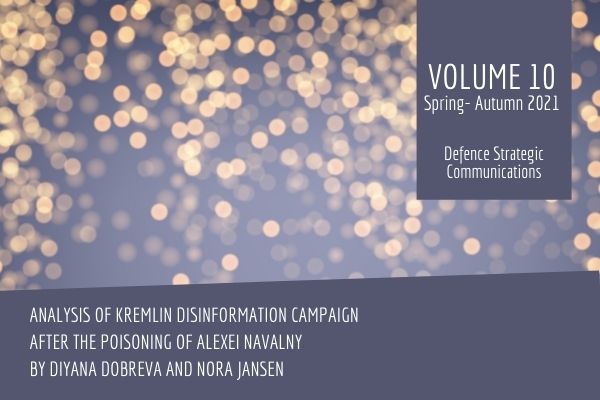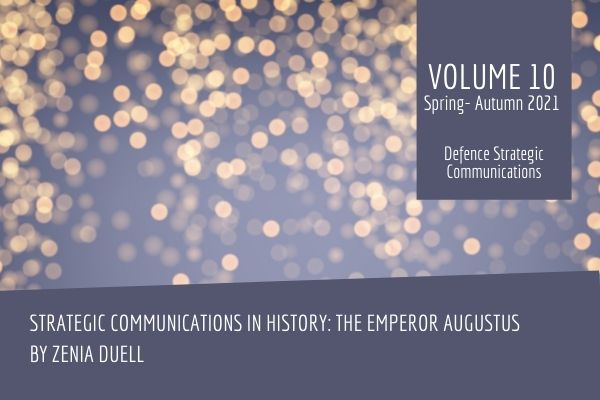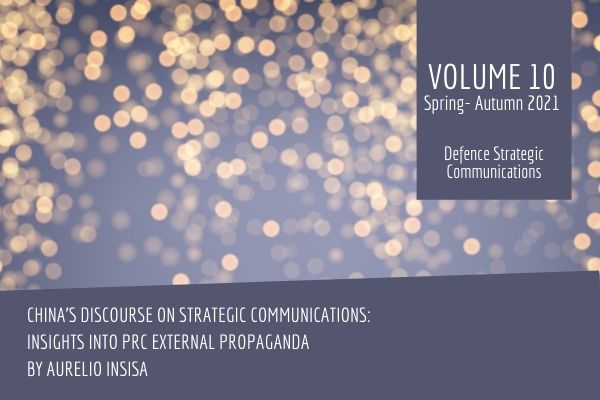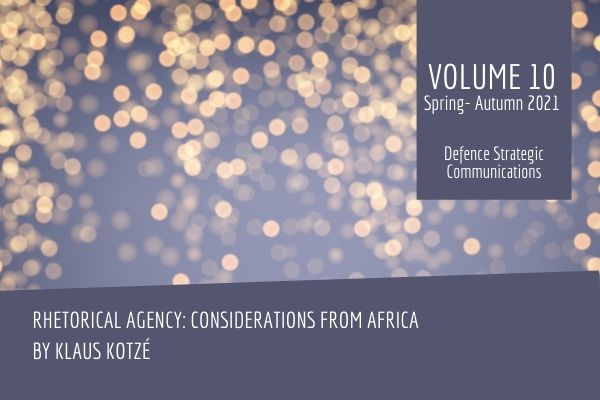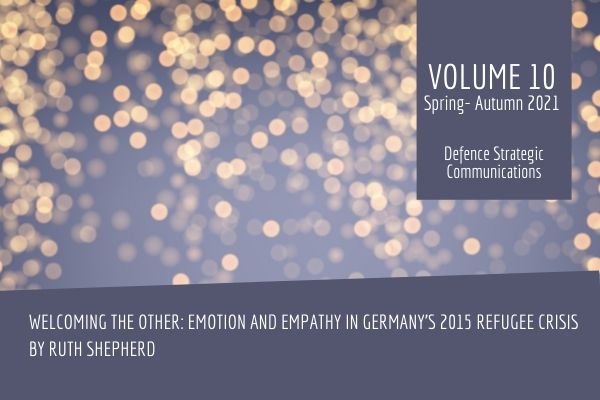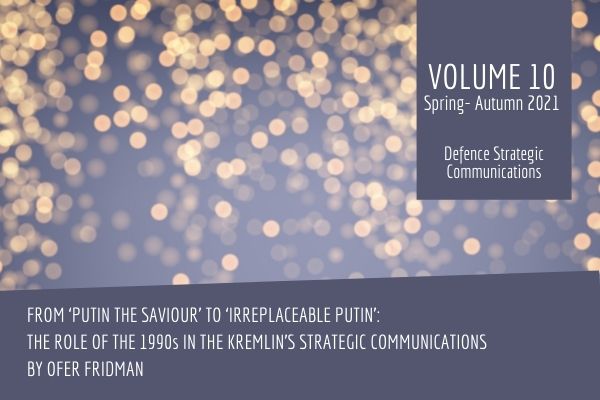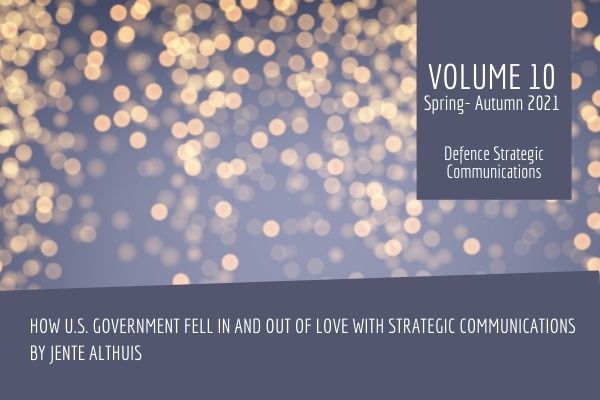ABSTRACT
This article analyses the disinformation campaign launched by Russian state-owned media after the poisoning of Alexei Navalny, comparing its key elements with findings from discussions held at the NATO StratCom COE in 2016 and from relevant literature, to develop a better understanding of the Kremlin’s long-term pattern of communications that further its strategic objectives domestically and internationally. We systematically analysed the disinformation campaign both quantitatively and qualitatively using the ‘A2E model’, adapted from an analytical framework created in 2019 by the Transatlantic Working Group. We concluded that familiar strategies designed to neutralise Western criticismand ‘fog the news’, such as projecting multiple alternative narratives, flooding the media with large numbers of articles, and inviting proKremlin ‘experts’ to comment, were still being employed in 2020. We show how Russian state-owned media generate narratives to debunk evidence, deny responsibility, discredit opponents, and distract domesticand international audiences—a ‘4D framework’ for disinformation. This research into the Kremlin’s strategic communications is timely and necessary as it reveals the Kremlin’s practice of using disinformation, not only in military contexts, which have been better studied, but also asanalysed here, to cover an assassination attempt.
Keywords—strategic communications, strategic communication, disinformation, disinformation campaign, Alexei Navalny, Russian state-owned media (RSOM),
Kremlin
About the Authors
Diyana Dobreva is a Research Associate at Cardiff University’s Crime and Security Research Institute, specialising in open-source intelligence analysis. She is involved in documenting attempts at foreign political interference in European affairs. She is currently a PhD candidate studying Russian propaganda and digital influence engineering at Cardiff University.
Nora Jansen holds a PhD in “Management of Information Systems” from the Goethe University Frankfurt, Germany. She is a research fellow at Cardiff University’s Crime and Security Research Institute. Her interests include the online diffusion of information, mis- and disinformation.
